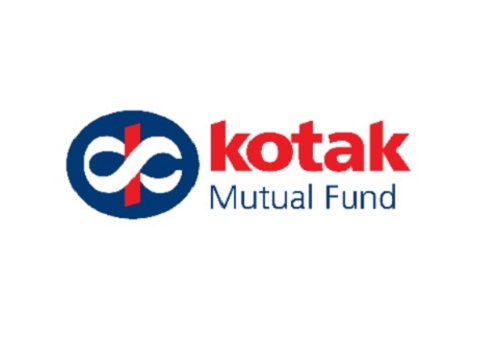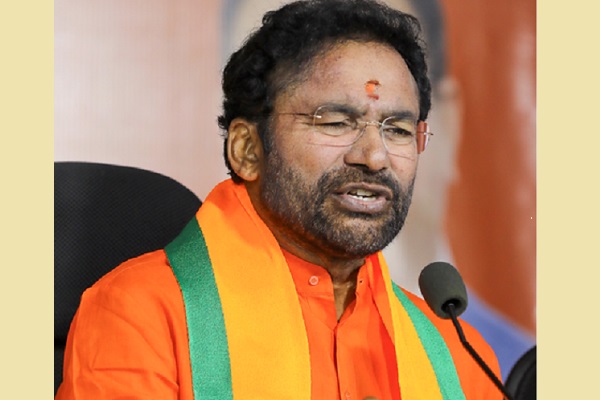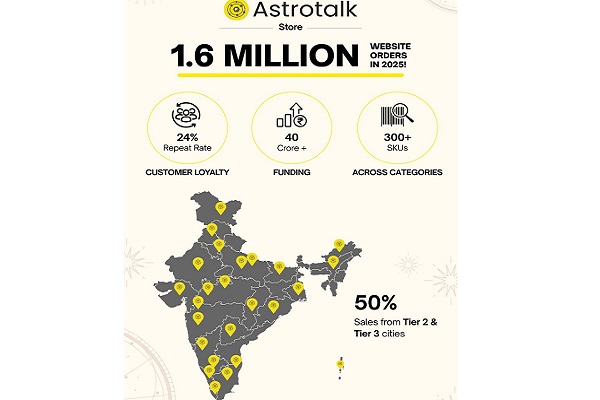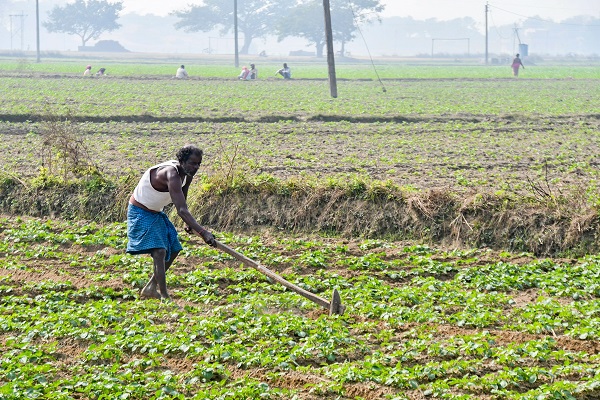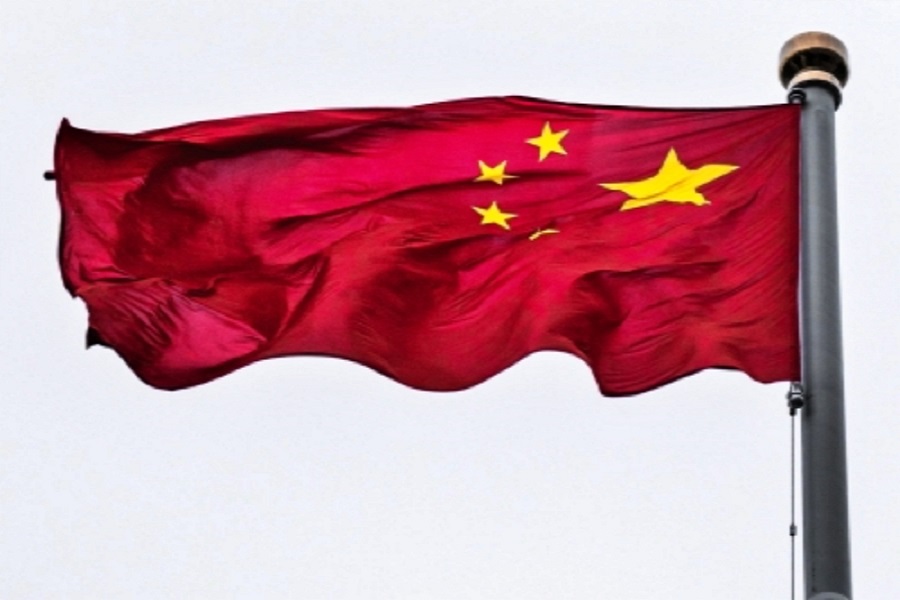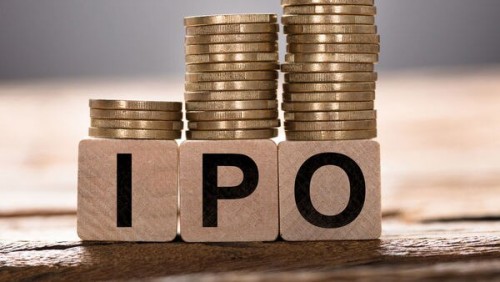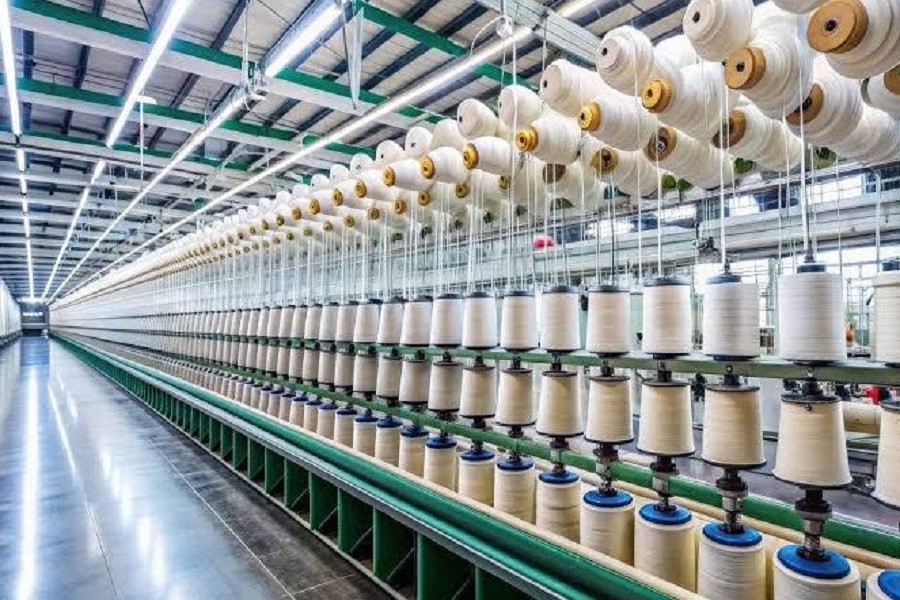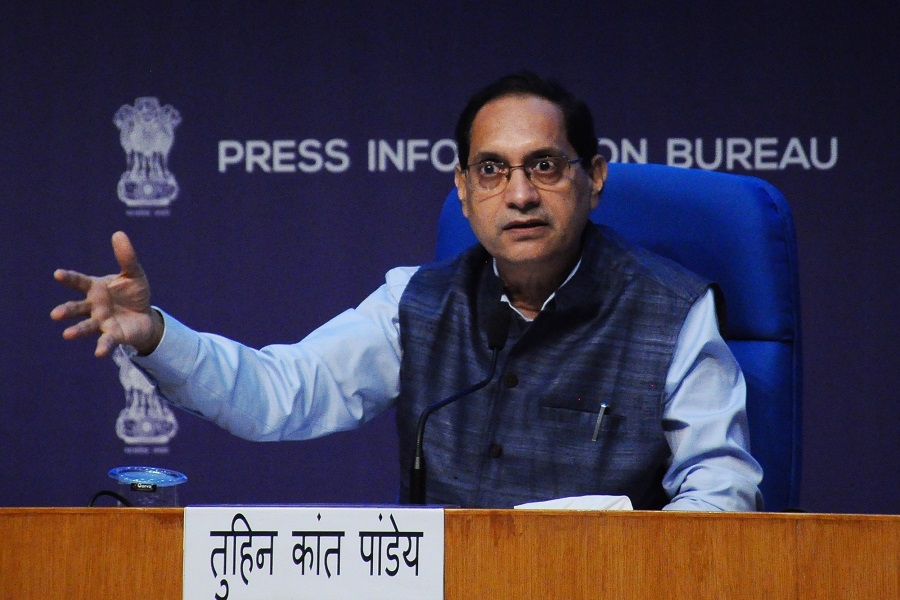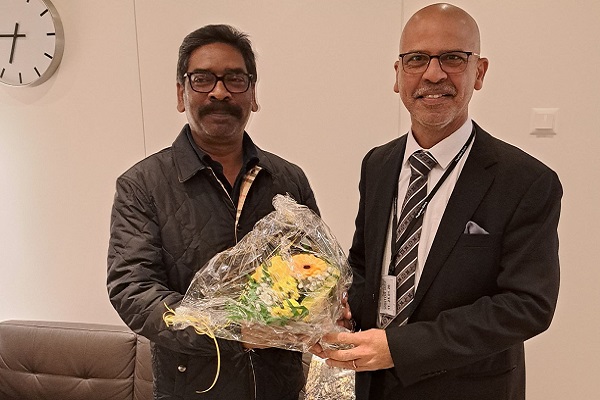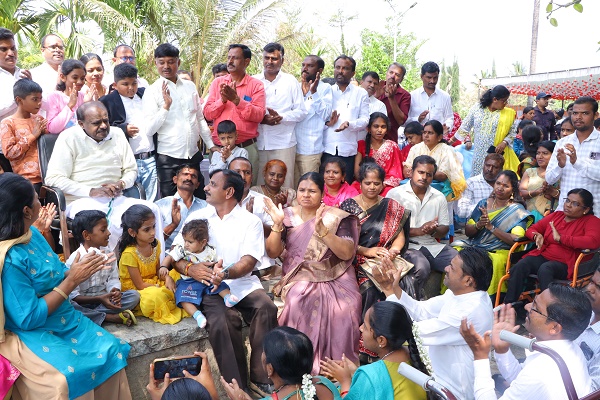India`s extreme poverty rate declines sharply to 5.3% in 2022-23: World Bank
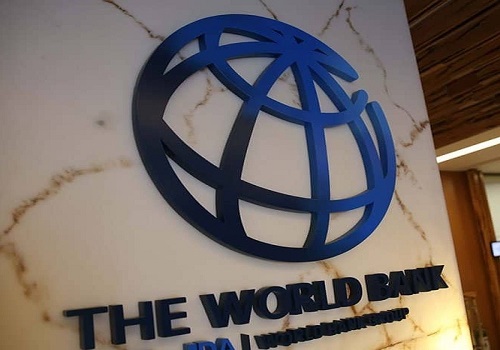
India's extreme poverty rate declined sharply to 5.3 per cent over a decade from 27.1 per cent in 2011-12 even as the World Bank revised upwards its threshold poverty line to $3 per day. The World Bank in its report has said that given India's inflation rate between 2017 and 2021, a revised extreme poverty line of $3 would constitute a 15 per cent higher threshold than $2.15 expressed in 2021 prices and result in a 5.3 per cent poverty rate in 2022-23.
According to the report, in India, 54,695,832 people lived on less than $3 per day in 2024. Thus, the poverty rate at $3 per day (2021 PPP -- percentage population) is 5.44 per cent in 2024. The extreme poverty rate decreased from 16.2 to 2.3 per cent between 2011-12 and 2022-23, while the poverty rate at the lower middle income country (LMIC) line declined by 33.7 percentage points. Free and subsidised food transfers supported poverty reduction, and the rural-urban poverty gap narrowed. The five most populous states account for 54 per cent of the extremely poor. It noted that India has lifted 171 million people from extreme poverty in the decade between 2011-12 and 2022-23. The rural extreme poverty dropped from 18.4 per cent to 2.8 per cent, and urban from 10.7 per cent to 1.1 per cent, narrowing the rural-urban gap from 7.7 to 1.7 percentage points a 16 per cent annual decline.
With regard to economy, the report said real Gross Domestic Product (GDP) of India was around 5 per cent below the pre-pandemic trend level as of FY25. Growth should gradually converge back to potential over 2027-28 assuming the current global uncertainties are resolved in an orderly fashion. The outlook, however, is subject to significant downside risks, as policy shifts may continue to unfold globally. Elevated trade tensions would dampen demand for India's exports and further delay the recovery in investment. The current account deficit is expected to average around 1.2 per cent of GDP over FY26-28 and remain adequately financed by capital inflows, and foreign exchange reserves are projected to remain stable around 16 per cent of GDP.



